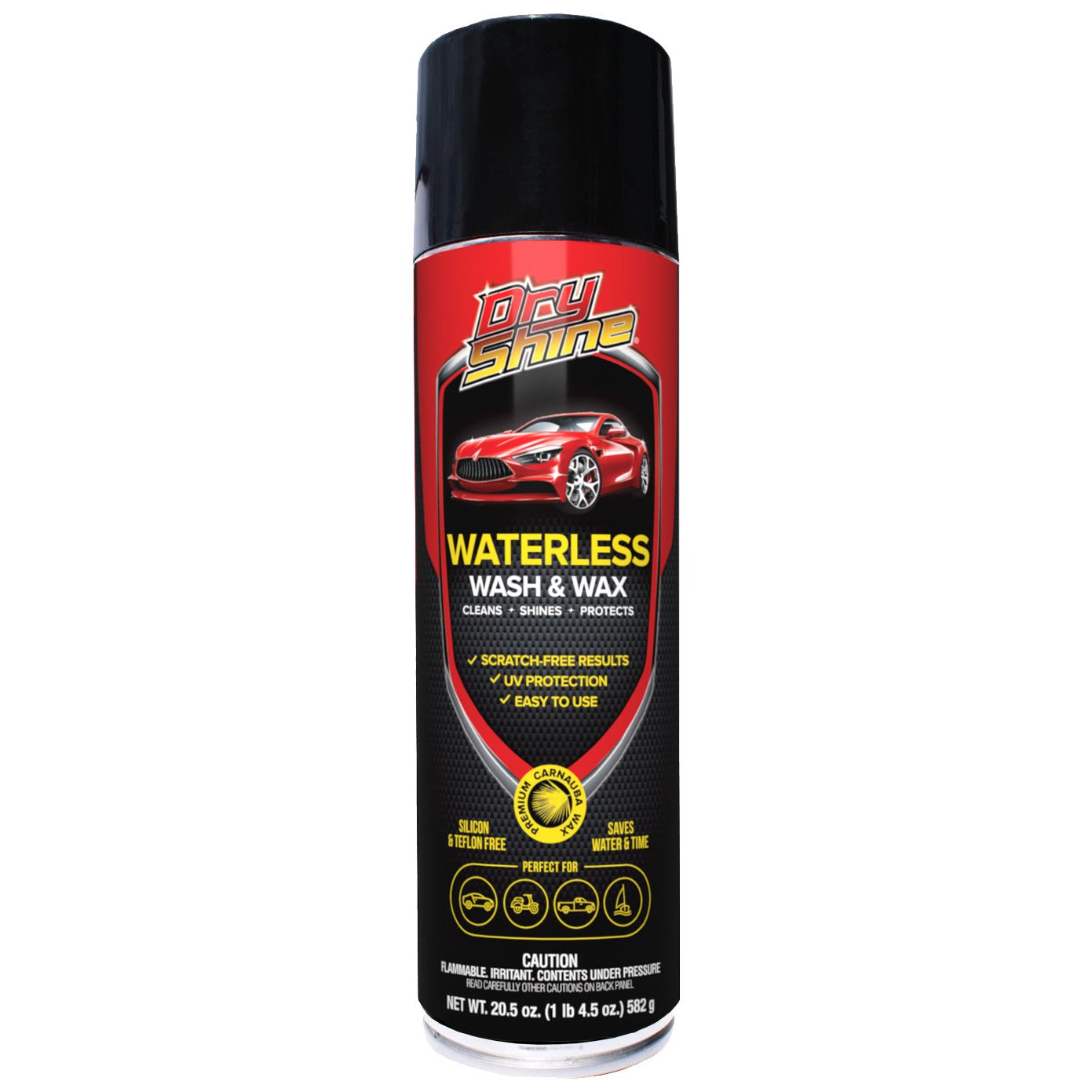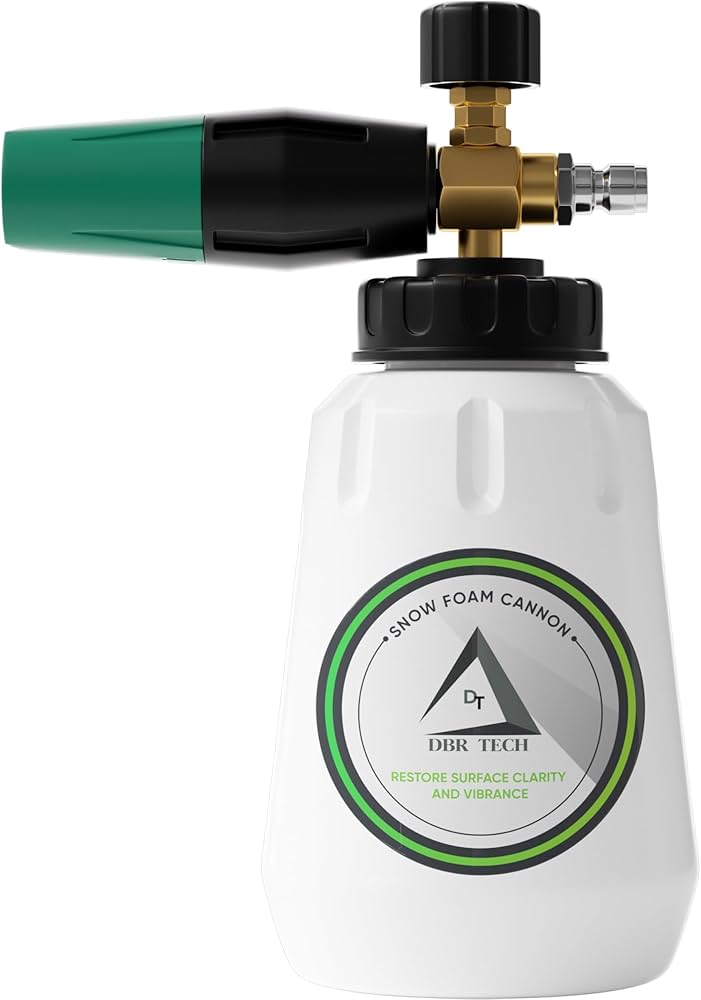To clean car keys, use a damp cloth to wipe off any dirt or grime. For hard-to-reach areas, use a cotton swab with alcohol.
Cleaning your car keys regularly can help prevent the spread of germs and bacteria. Additionally, avoid using harsh chemicals and submerging the keys in water to prevent damage. Taking care of your car keys will ensure they stay in good condition and continue to function properly.

Credit: www.amazon.com
Importance Of Cleaning Car Keys
Keeping your car keys clean is essential for various reasons, and it’s often an overlooked aspect of car maintenance. While many people focus on cleaning the exterior and interior of their vehicles, the importance of cleaning car keys should not be underestimated. The keys are frequently handled, making them susceptible to accumulating dirt, germs, and bacteria.
Preventing The Spread Of Germs And Bacteria
Regularly cleaning your car keys is crucial for preventing the spread of germs and bacteria. Think about how often you touch your keys throughout the day, exposing them to various surfaces and environments. By cleaning your car keys regularly, you can minimize the risk of transferring harmful microorganisms from your keys to your hands and vice versa.
Maintaining The Appearance And Functionality Of The Keys
Cleaning car keys not only helps in preserving their appearance but also contributes to maintaining optimal functionality. Dirt and grime can accumulate in the crevices of the keys, potentially leading to problems with inserting them into the ignition or door locks. Moreover, regular cleaning can prevent the key fob buttons from becoming sticky or unresponsive due to the accumulation of debris.
Materials Needed For Cleaning
To effectively clean car keys, you’ll need a few simple materials that you probably have at home. These materials will help remove dirt, grime, and bacteria from your car keys. Here’s what you’ll need:
Mild Dish Soap
Mild dish soap is a gentle and effective cleaner that won’t damage your car keys. You’ll use it to remove grease and stubborn stains.
Microfiber Cloth
A microfiber cloth is perfect for gently wiping down the surface of your car keys without leaving any scratches behind.
Isopropyl Alcohol
Isopropyl alcohol is a powerful disinfectant that will kill bacteria and germs on your car keys, keeping them clean and hygienic.
Cotton Swabs
Cotton swabs are great for cleaning the small crevices and edges of your car keys, ensuring that no dirt or grime is left behind.
Soft Bristle Toothbrush
A soft bristle toothbrush can be used to gently scrub away stubborn dirt and debris from your car keys, especially in hard-to-reach areas.
Step-by-step Guide For Cleaning
Keeping your car keys clean is not only essential for hygiene but can also help ensure their longevity. Regular cleaning can prevent the build-up of dirt and debris that may interfere with the key’s functionality. In this step-by-step guide, we will show you how to clean your car keys effectively, helping them stay in pristine condition for years to come.
1. Remove Keychain And Any Attachments
Before you start cleaning your car keys, it’s crucial to remove any keychains or attachments. This will make the cleaning process easier and prevent damage to these items. Simply detach the keychain from the keys.
2. Wipe Off Any Visible Dirt And Debris
Using a soft cloth or microfiber towel, gently wipe off any visible dirt and debris from the surface of the keys. Pay close attention to the crevices and edges where dirt tends to accumulate.
3. Prepare A Cleaning Solution
- Fill a small bowl or container with warm water.
- Add a few drops of mild dish soap or a gentle cleaner to the water.
- Mix the solution until it’s well blended.
4. Dip The Cloth In The Solution And Clean The Keys
Dip a clean cloth or sponge into the cleaning solution you prepared. Make sure the cloth is damp but not dripping wet. Gently scrub the keys, focusing on removing any stubborn dirt or stains. Keep in mind to avoid getting the electronic parts of key fobs wet. For key fobs, only clean the plastic or metal parts.
5. Use Cotton Swabs For Hard-to-reach Areas
For hard-to-reach areas such as the corners and crevices of the keys, use cotton swabs soaked in the cleaning solution. The small size of cotton swabs allows you to clean these areas more effectively.
6. Dry The Keys Thoroughly
After cleaning, use a dry cloth or towel to wipe the keys thoroughly. Ensure there is no moisture left that could potentially damage the electronic components or cause rusting.
7. Optional: Apply Lubricant
If you wish to maintain smooth operation, you can apply a small amount of lubricant to the keys. This is especially useful for keys that feel sticky or difficult to turn in the ignition. However, be cautious not to use too much lubricant, as it may attract dust and dirt.
By following this step-by-step guide, you can keep your car keys clean and in optimal condition. Remember to repeat this cleaning process periodically to maintain their cleanliness and functionality.

Credit: www.reddit.com
Additional Tips And Precautions
When it comes to cleaning your car keys, there are some additional tips and precautions you should keep in mind. By following these guidelines, you can ensure that your keys stay in good condition and continue to function properly.
Avoid Submerging Keys In Water
If your keys need a thorough cleaning, it’s important to note that you should avoid submerging them in water. While you might be tempted to give them a soak, doing so can cause damage to the internal components.
To clean your keys effectively without using water, you can simply dampen a soft cloth with a mild soap solution. Gently wipe the keys, ensuring that no excess liquid seeps into the crevices.
Never Use Abrasive Cleaners Or Harsh Chemicals
It’s crucial to remember that abrasive cleaners and harsh chemicals should always be avoided when cleaning your keys. These substances can corrode the outer surface and potentially compromise the functionality of the key.
Instead, opt for gentle cleaning agents that are safe to use on plastic or metal surfaces. Mild dish soap or a mixture of water and vinegar can be effective in removing dirt and grime without causing any harm to your keys.
Regularly Clean Your Key Fob
Don’t forget to regularly clean your key fob as well. Over time, dirt and debris can accumulate on the buttons and the surface of the fob, hindering its functionality.
To clean the key fob, you can use a soft cloth or a cotton swab dampened with isopropyl alcohol. Gently wipe the buttons and the entire surface to remove any buildup. Always ensure that the key fob is completely dry before using it.
By following these additional tips and precautions, you can keep your car keys clean and well-maintained, ensuring their longevity and functionality.
Benefits Of Regularly Cleaning Car Keys
Regularly cleaning car keys is vital for optimal performance, longevity, and hygiene. Keeping your car keys clean not only improves their functionality but also reduces the risk of damage to car locks. Additionally, maintaining cleanliness on your car keys ensures overall hygiene. In this article, we will explore the various benefits of regularly cleaning car keys in further detail.
Improved Key Performance And Longevity
Regularly cleaning your car keys can significantly improve their performance and increase their lifespan. Over time, dirt, dust, and grime can accumulate on the surface of the keys, leading to sticky or unresponsive buttons. By cleaning your car keys frequently, you can eliminate any debris that may hinder their functionality.
Clean car keys also reduce the likelihood of keys getting stuck in the ignition or car door locks. The buildup of dirt can cause keys to become stiff, resulting in difficulty when turning or inserting them into the locks. By keeping your car keys clean, you can ensure smooth key operation and avoid unnecessary wear and tear.
Reduced Risk Of Damage To Car Locks
Regularly cleaning car keys can help prevent damage to the locks of your vehicle. Dust, dirt, and grime can accumulate on the keys and transfer to the lock mechanism when the keys are inserted. Over time, this debris can cause the lock to malfunction or become jammed.
By regularly cleaning your car keys, you can remove any contaminants that may compromise the lock’s integrity. This ensures that the key smoothly inserts and turns within the lock without causing any damage. By reducing the risk of damage to car locks, you can avoid expensive repairs or replacements.
Enhanced Overall Hygiene
Regularly cleaning car keys is crucial for maintaining overall hygiene. Our hands come into contact with numerous surfaces throughout the day, making them prone to accumulate germs, bacteria, and viruses. When we use dirty car keys, these microorganisms can transfer onto the key fob or buttons, posing potential health risks.
By cleaning your car keys, you can minimize the spread of germs and maintain a healthier environment. Regular cleaning using mild soap and water, or disinfectant wipes, can help remove pathogens from the surface of the keys, protecting both yourself and others who may come into contact with your car keys.

Credit: www.dryshineusa.com
Frequently Asked Questions For How To Clean Car Keys
How Do I Clean Car Keys?
To clean car keys, mix warm water and mild dish soap. Use a microfiber cloth to gently wipe the keys to remove dirt and grime. Avoid submerging the keys in water and use a dry cloth to remove any excess moisture.
Can I Use Rubbing Alcohol To Clean Car Keys?
Yes, you can use rubbing alcohol to clean car keys. Dampen a cloth with isopropyl alcohol and gently wipe the keys to remove dirt and bacteria. Make sure to dry the keys thoroughly afterwards to prevent any damage or corrosion.
Is It Safe To Use Hydrogen Peroxide To Clean Car Keys?
While hydrogen peroxide can be used as a disinfectant, it is not recommended for cleaning car keys. Hydrogen peroxide can cause damage or discoloration to certain types of materials, so it is best to stick with mild dish soap and water for cleaning car keys.
How Often Should I Clean My Car Keys?
It is a good practice to clean your car keys at least once a month to keep them in good condition. However, if your keys get dirty or come into contact with germs or dirt, it is advisable to clean them immediately to prevent any potential damage or hygiene issues.
Conclusion
Cleaning car keys is an essential task to maintain their functionality and hygiene. By following simple steps such as using a soft cloth, mild soap, and warm water, you can effectively remove dirt and debris. Regularly cleaning your car keys not only ensures their longevity but also helps prevent the spread of germs.
Remember to dry the keys thoroughly before using them again. Keep your car keys clean and enjoy a hassle-free driving experience.
